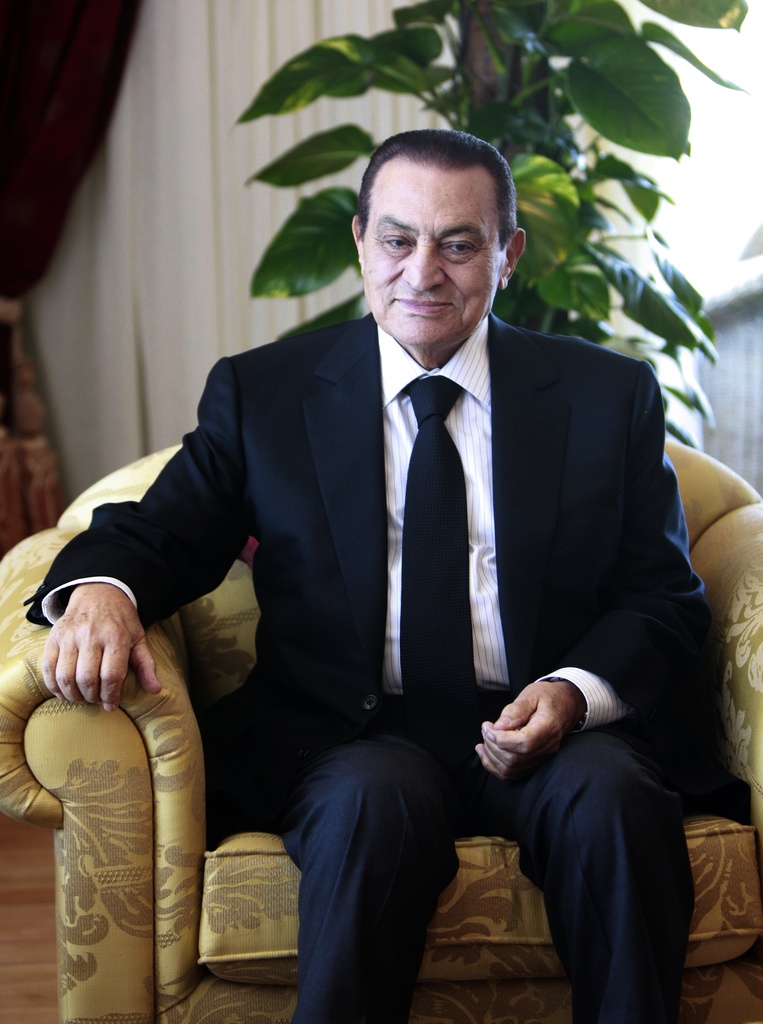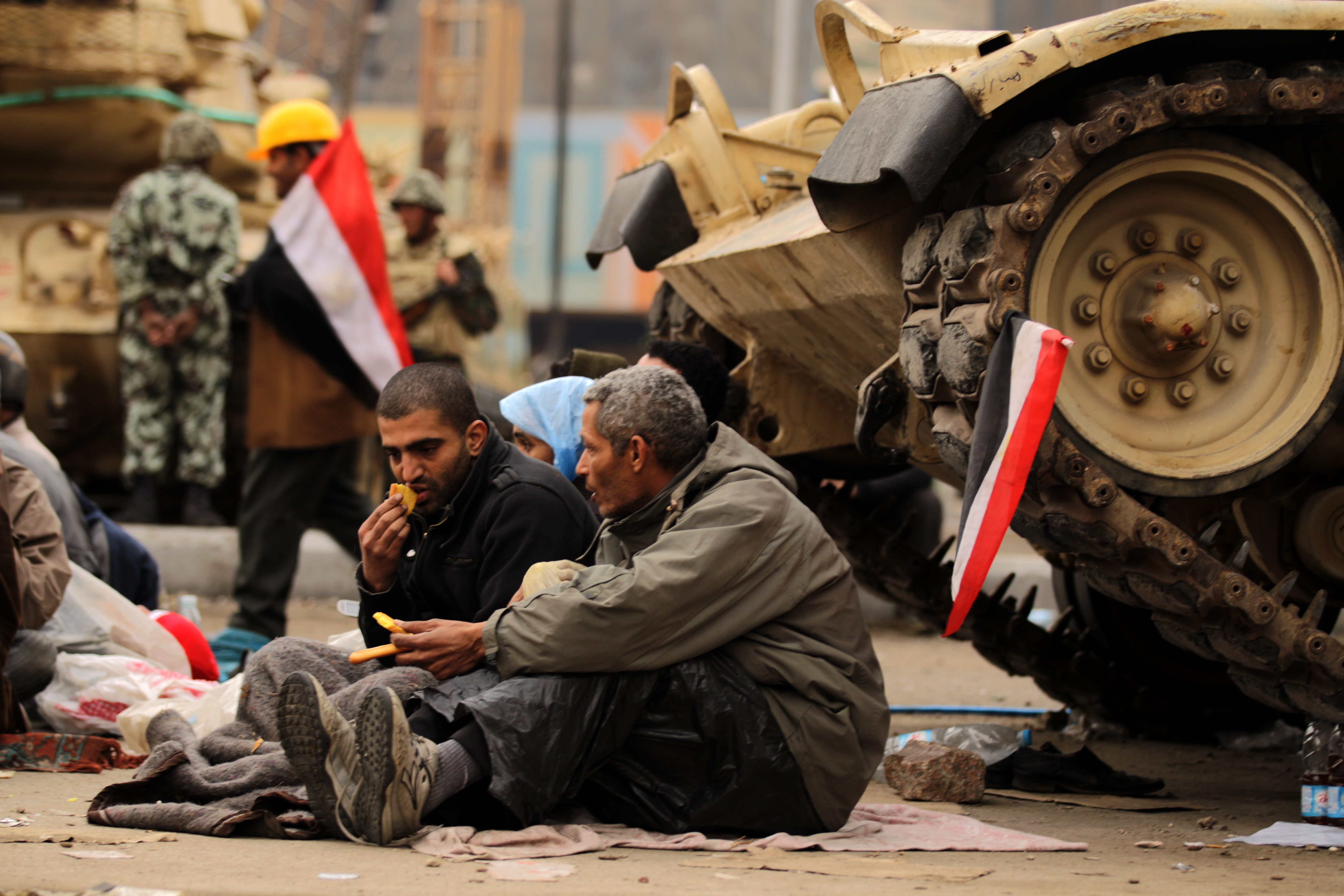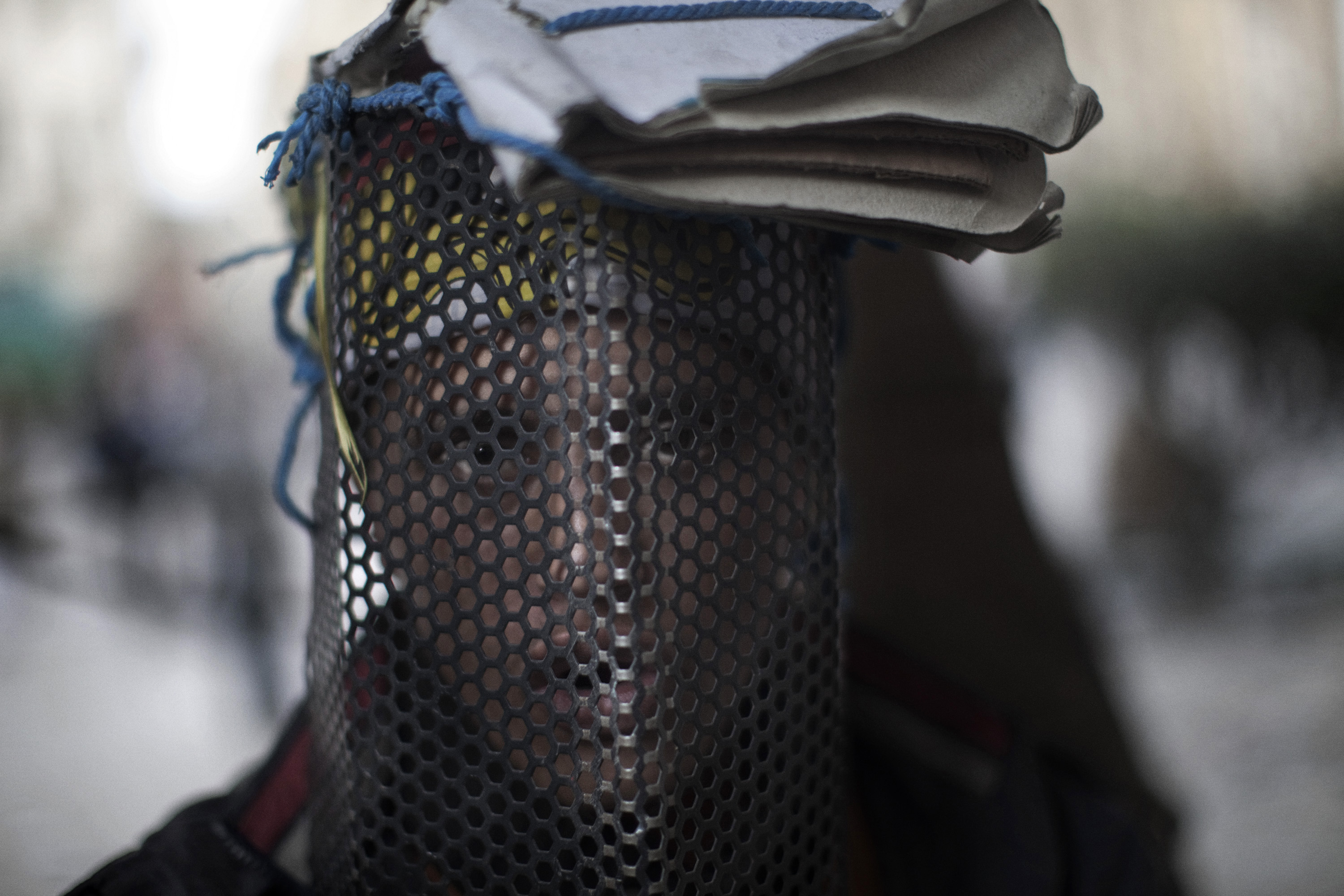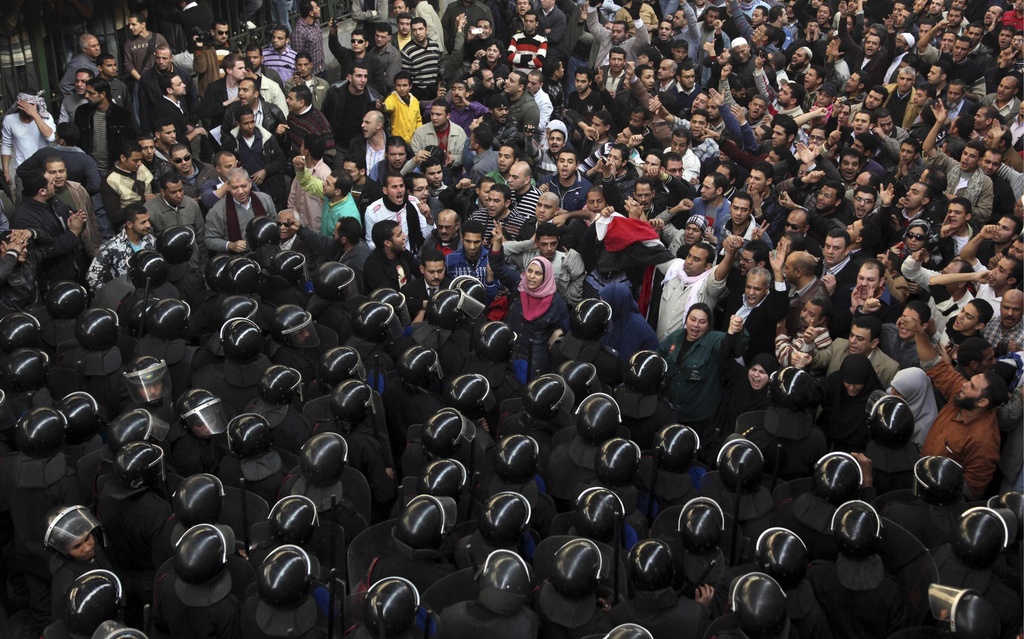Swiss press uneasy about Egyptian revolution

As Swiss people pore over their Saturday papers, Cairo is busy cleaning up after 18 days of protests that finally led President Hosni Mubarak to step down.
While the tone of the Swiss media has generally been encouraging and optimistic, a fair amount of criticism and concern underlies much of the latest commentary.
“The revolution has only just begun,” read the top headline on the Saturday edition of the Bern-based Der Bund newspaper.
Inside, an editorial called for an end to the hypocrisy that has characterised the nation for so long.
“What happened on Tahrir square looked more like a happening. What is missing are the leaders and the ideas necessary for the constructive shaping of the future,” stated Der Bund, citing problems such as poverty and unemployment.
As those problems indicate, solid national leadership has not been Egypt’s strong suit in recent decades. The Geneva-based Le Temps newspaper had harsh words for the former president.
“Mubarak missed his last opportunity to leave with some semblance of dignity. The day before, in a speech that had an unbearably paternalistic tone, he proved that he was beyond help for Egypt. The lie didn’t work anymore,” wrote Le Temps.
It pointed out that, on the other hand, the people on Tahrir square had showed a great deal of dignity. It stated that thanks to a great amount of sacrifice, they had obtained the right to be heard.
For Le Temps, “the region, in which Egypt has a central place, continues to be a ‘powder keg’. The resoluteness of protesters showed the scale of frustration, bitterness, imbalance and despoliation that accumulated in this country and in the majority of the Arab world”.
Domino effect
While the latest news from Egypt is the top story, many people are speculating about how it will affect other nations in the Middle East. According to La Liberté, Tunisia was the catalyst.
“There’s no doubt anymore: the Tunisian earthquake transformed into an Egyptian tsunami.” For the editorialist, “the changes in the Arab World are so big that they are reminiscent of the fall of the (Berlin) Wall”, wrote the Fribourg-based newspaper.
“Who’s next?” asked the paper, casting an eye toward the big demonstration planned in Algeria on Saturday.
For La Liberté, this possible “domino effect” is more feared than desired in the region. Places with autocratic regimes or monarchies in place, and also Israel, will quickly have to revise their strategies of a “cold peace” with some of their neighbours.
The US has a lot to lose as well, since the Egyptian crisis showed a weakening of its influence on the region’s events.
As La Liberté put it, this brutal change is like a leap into the unknown. The jubilation in Cairo leaves the door open to all sorts of transition scenarios, both optimistic and not.
The Neue Zürcher Zeitung (NZZ) also described the events as a lesson for other “autocrats”. It asked how well other Arab leaders could sleep now that the Egyptian people had pushed Mubarak to step down.
“It depends on what they see in terms of constants during the transition period in Cairo, plus how they view their own legitimacy,” wrote the Zurich-based paper.
It stated that the transition would be a litmus test for Egypt’s military regime, and commented that it was interesting that Vice President and General Omar Suleiman was not taking over.
The NZZ editorial voiced scepticism regarding democracy being carried out by a military regime.
Meanwhile, in Egypt on Saturday, Information Minister Anas El-Fekky was placed under house arrest, according to military sources, who declined to give a reason. Fekky was close to Mubarak.
Also on Saturday, a source at Cairo’s airport said some officials had been banned from leaving the country without the permission of the state prosecutor or the armed forces.
Unrest in Egypt started on January 25, following a revolt that toppled the leader of Tunisia.
Protestors massed in Cairo, where they gathered in Tahrir Square, and in a number of other towns and cities.
About 300 people died in the protests, and numerous state buildings were torched.
Some workers have also embarked on strike action.
At the end of January President Hosni Mubarak dismissed some unpopular ministers and appointed his first ever vice-president, intelligence head Omar Suleiman. The minister of civil aviation Ahmed Shafiq became prime minister.
But Mubarak’s promises to address public anger at rising prices, unemployment and the huge gap between rich and poor failed to halt broader calls for an end to the Mubarak regime.
The United States and other Western countries have called for an orderly transition to a more democratic system.
Mubarak came to power 30 years ago after the assassination of President Anwar Sadat.
After 18 days of civilian protests in Tahrir square, Mubarak resigned on February 11, 2011.

In compliance with the JTI standards
More: SWI swissinfo.ch certified by the Journalism Trust Initiative






You can find an overview of ongoing debates with our journalists here. Please join us!
If you want to start a conversation about a topic raised in this article or want to report factual errors, email us at english@swissinfo.ch.